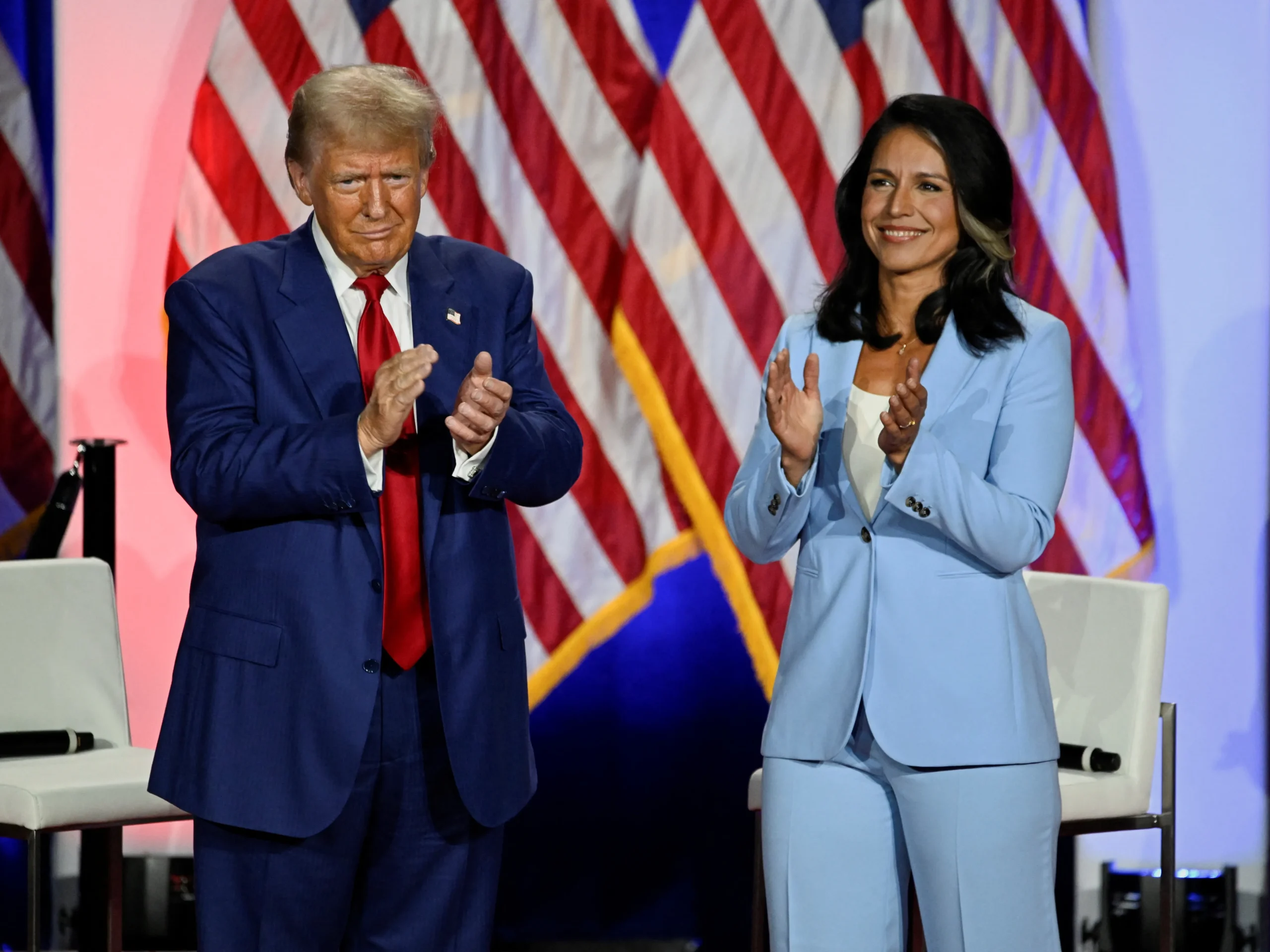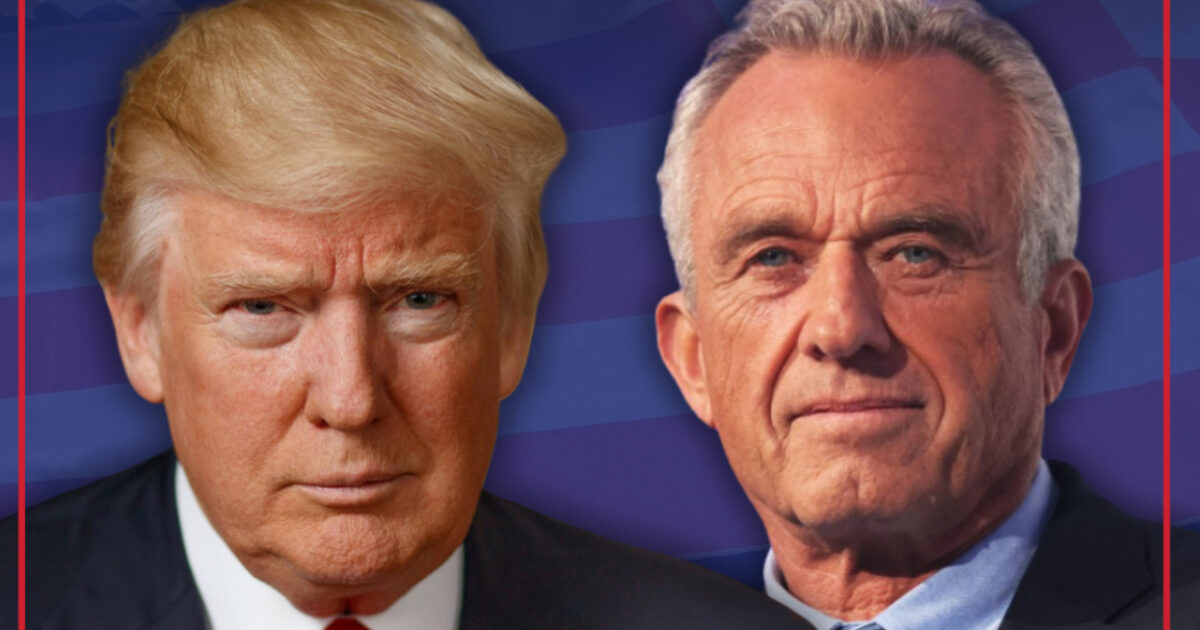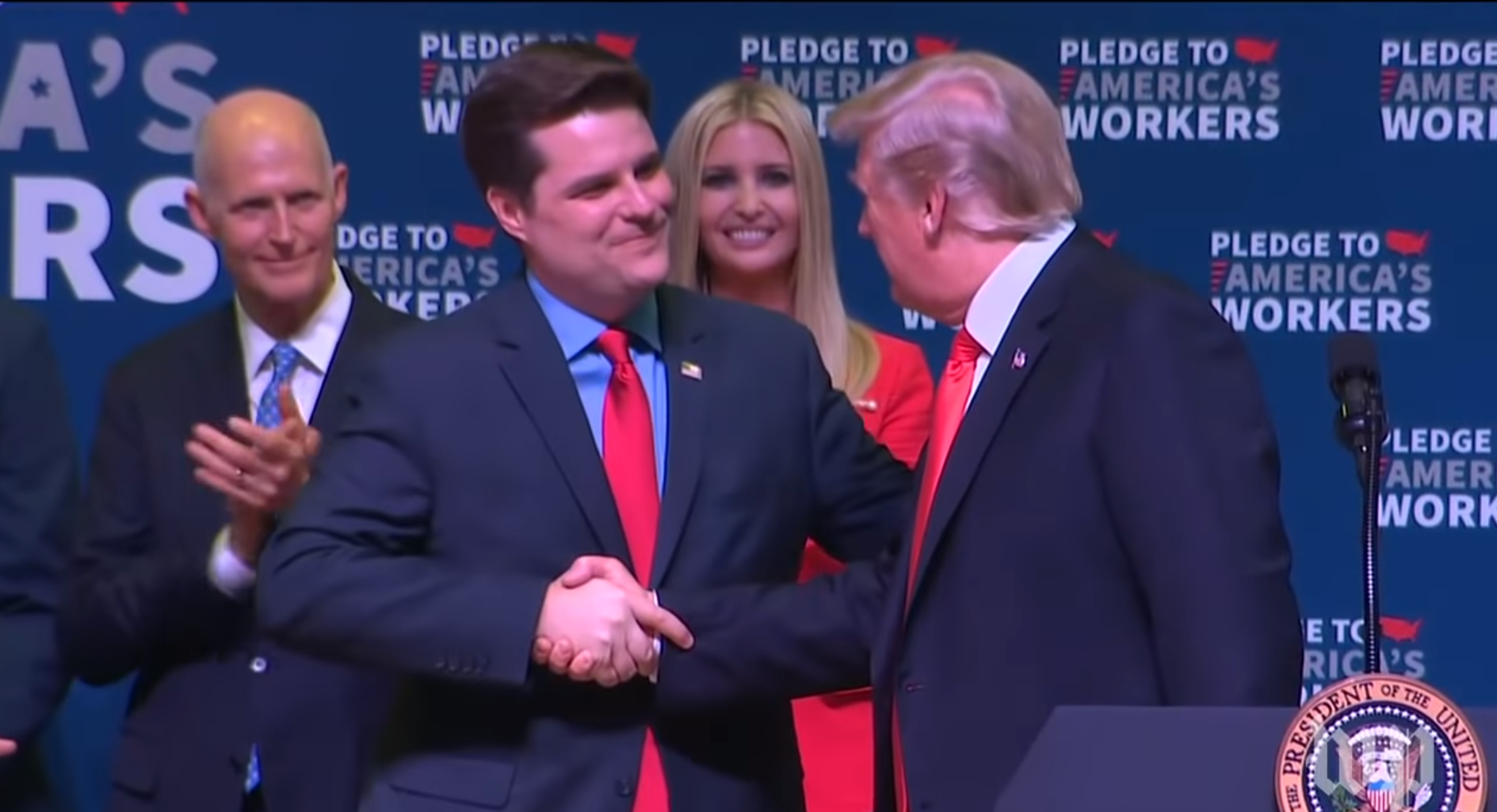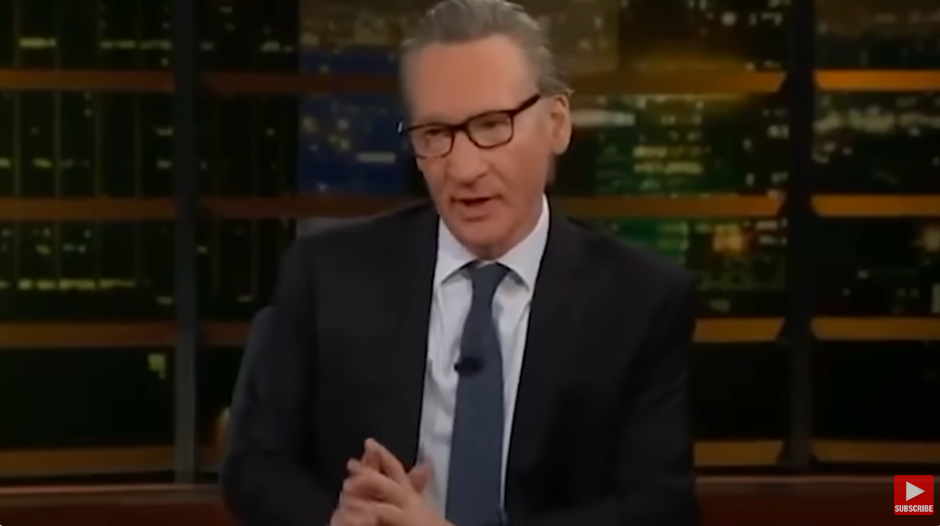Trump Selects Tulsi Gabbard to Lead National Intelligence, Signaling Strategic Shift
Former President Donald Trump has announced his decision to appoint former Congresswoman Tulsi Gabbard as the Director of National Intelligence (DNI) if he returns to office in 2025, a move signaling his commitment to a refreshingly bold direction in intelligence leadership. Gabbard, an independent-minded leader known for her strong stance on national security and independence from party politics, has frequently voiced opinions that align with conservative views on national sovereignty and accountability.
The appointment of Gabbard, a former Democratic congresswoman from Hawaii and an Iraq War veteran, has received both strong support from Trump’s base and curiosity from outside conservative circles. Known for her outspoken criticism of entrenched Washington bureaucracy, Gabbard’s selection underscores Trump’s focus on injecting an assertive, fearless approach into the intelligence community.
Trending: Top Immunity Support For The Times Your immune system can be weakened by poor diet, lack of sleep, and countless other environmental factors. Explore how our products may help support your body’s natural defenses.
Gabbard’s Record and Independence
Gabbard’s career has been marked by her willingness to challenge her own party, particularly on issues where she felt Democrats were compromising U.S. security interests. Her outspoken stance against U.S. involvement in prolonged foreign conflicts and her concerns about unchecked government surveillance resonate with Trump’s vision of an intelligence community accountable to the American people. As reported by Fox News, Trump referred to Gabbard as possessing a “fearless spirit” and a commitment to safeguarding American freedom, values he deems essential in an era of heightened global threats (Fox News).
During her time in Congress, Gabbard was unafraid to cross party lines and challenge the mainstream narrative on foreign policy, particularly in the Middle East. Her stances earned her significant media attention and, notably, the respect of conservatives who viewed her as a principled figure willing to prioritize U.S. national interests over political ideology. By selecting her as his choice for DNI, Trump is sending a clear message that he values strength, independence, and a willingness to disrupt the status quo.
Ladies and gentlemen, your next Director of National Intelligence, Tulsi Gabbard:
"It's the Democrat elite, the permanent Washington establishment, the war machine made up of both Democrats & Republicans, who are abusing their power undermining their God-given rights and… pic.twitter.com/anRofgYJDK
— Charlie Kirk (@charliekirk11) November 13, 2024
Redefining the Role of DNI
As Director of National Intelligence, Gabbard would oversee the nation’s 18 intelligence agencies, guiding them in collecting and analyzing intelligence critical to national security. According to Just the News, Trump emphasized that Gabbard’s leadership would bring renewed vigor and transparency to the intelligence community, advocating for greater accountability and responsiveness to American citizens (Just the News).
Her potential leadership could signify a shift from what conservatives often view as politicized and secretive practices within the intelligence establishment. Gabbard has long criticized the overreach of intelligence agencies, especially regarding domestic surveillance. Trump’s base has resonated with this, particularly following concerns about surveillance tactics used during his administration. Her history of questioning intelligence decisions during her time in Congress suggests she would likely push for responsible transparency while keeping the nation’s secrets secure.
Conservative Response to Gabbard’s Appointment
For conservative supporters, Trump’s choice of Gabbard is seen as a calculated step toward dismantling a “deep-state” apparatus perceived to have grown unaccountable in recent years. From a conservative perspective, Gabbard’s focus on restraint in foreign conflicts aligns with Trump’s America First philosophy, which prioritizes domestic stability over foreign entanglements. Her critical view of the U.S. involvement in Syria and Afghanistan has earned her accolades among Trump loyalists, who argue that her leadership could curtail what they see as unnecessary overseas military engagements.
Gabbard’s selection is viewed as a strategic move to consolidate a more robust, streamlined intelligence operation focused on real threats rather than perceived political adversaries. As noted by Breitbart, Gabbard’s anti-establishment views have frequently placed her at odds with the Democratic Party, creating a reputation as a “maverick” in Washington, D.C., who defies conventional political categories (Breitbart). Her appointment is seen by Trump’s supporters as a promising development toward realigning the intelligence community’s mission with the principles of accountability and constitutional integrity.
Implications for Future Foreign Policy
In the wake of geopolitical challenges from countries like China, Russia, and Iran, Gabbard’s firm stance on preserving national sovereignty and reducing foreign intervention suggests a departure from the traditional intelligence playbook. Her appointment as DNI could shape a more strategic intelligence approach focusing on threats that directly impact the United States. Trump supporters believe that her leadership could provide a much-needed counterbalance to international pressure while upholding conservative values of national security and limited foreign involvement.
Trump’s choice underscores his trust in Gabbard’s ability to navigate complex security challenges without compromising America’s core values. Her approach to security, in line with Trump’s own principles, emphasizes a strong, focused national defense that avoids the pitfalls of lengthy foreign engagements.
A Move with Far-Reaching Impact
Trump’s endorsement of Gabbard reflects his continued focus on unorthodox leadership and commitment to challenging the intelligence establishment. Gabbard’s track record of questioning Washington’s motives, combined with her non-partisan stance, positions her as a distinctive choice for the role. As Trump’s allies commend this move, they anticipate that Gabbard’s potential confirmation could steer U.S. intelligence into a new era that values national sovereignty and accountability above partisan politics.
For a conservative audience, Gabbard’s selection stands as a testament to Trump’s readiness to revitalize the intelligence sector. Her appointment, if confirmed, is expected to bring about a focused approach to safeguarding U.S. interests without political interference.






